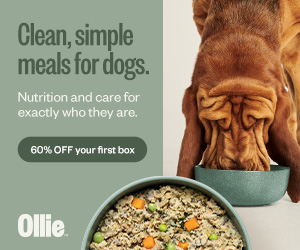Consult with a veterinarian: Before making any significant changes to your dog’s diet, it’s crucial to consult with a veterinarian who can provide personalized advice based on your dog’s specific needs.
Choose high-quality dog food: Look for dog food brands that use high-quality ingredients, such as real meat as the primary ingredient, and avoid those that contain fillers, artificial additives, and by-products.
Consider your dog’s age, size, and breed: Different dogs have different nutritional requirements, so choose a dog food formula that is appropriate for your dog’s age, size, and breed.
Read the ingredient list: The ingredient list on the dog food package can give you insights into its quality. Look for recognizable, whole-food ingredients and avoid foods that contain excessive amounts of preservatives, artificial colors, and flavors.

Check for appropriate nutrient balance: Ensure that the dog food you choose provides a balanced blend of protein, carbohydrates, fats, vitamins, and minerals to meet your dog’s nutritional needs.
Be mindful of allergies or sensitivities: If your dog has known allergies or sensitivities to certain ingredients, avoid dog foods that contain those ingredients. Common allergens include wheat, corn, soy, and certain meat proteins.
Consider grain-free options: Some dogs have grain sensitivities or allergies. If your dog experiences digestive issues or allergic reactions to grains, consider grain-free dog food options.
Incorporate fresh fruits and vegetables: Adding fresh fruits and vegetables to your dog’s diet can provide additional nutrients and fiber. However, make sure to research which fruits and vegetables are safe for dogs, as some can be toxic.

Avoid table scraps and unhealthy treats: While it can be tempting to share human food with your dog, it’s best to avoid table scraps as they can be high in fat, salt, and seasonings that may be harmful to your pet. Opt for healthy dog treats specifically made for dogs.
Monitor portion sizes: Overfeeding can lead to obesity and other health issues. Follow the feeding guidelines provided on the dog food package, but also take your dog’s activity level, age, and overall health into consideration. Adjust portion sizes as needed.
Remember, each dog is unique, so it’s important to pay attention to your dog’s individual needs and work closely with your veterinarian to ensure they receive the best possible nutrition.



